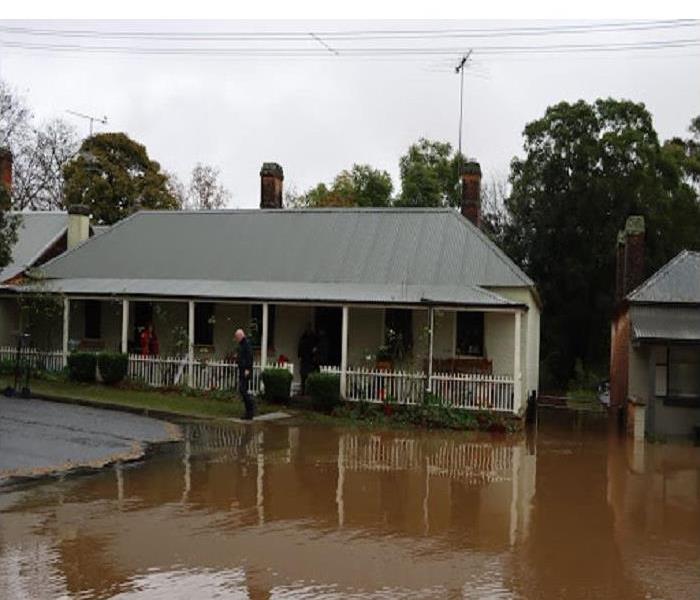Emergency Mitigation Planning
7/18/2023 (Permalink)
The Crucial Need for Emergency Mitigation Planning
In today's rapidly changing world, where natural disasters and unforeseen events are becoming more frequent and severe, it is crucial to recognize the importance of having a well-thought-out plan in case of emergencies. Whether it's a devastating earthquake, a destructive hurricane, or a global pandemic, a proactive strategy can significantly safeguard lives and minimize the impact on communities. This blog will highlight the significance of preparedness and the benefits it brings during times of crisis.
- Safety and Security: A well-crafted emergency plan ensures individual and community safety and security. It enables individuals to respond swiftly and effectively during a crisis, reducing panic and confusion. By outlining procedures for evacuation, communication, and emergency services, a plan provides reassurance, empowering people to take necessary actions to protect themselves and their loved ones.
- Minimizing Losses: Emergencies can result in significant economic and infrastructure losses. However, a robust plan reduces impact and speeds up recovery. By identifying potential risks, implementing preventive measures, and establishing contingency plans, individuals and organizations can mitigate the damage caused by emergencies. This proactive approach minimizes financial burdens and accelerates the restoration of normalcy.
- Effective Resource Allocation: During a crisis, resources such as food, water, medical supplies, and shelter become scarce. A well-prepared plan ensures these resources' effective allocation and utilization, preventing hoarding and ensuring equitable distribution. It enables authorities and organizations to identify vulnerable populations and prioritize their needs, fostering a more cohesive and compassionate response to emergencies.
- Adaptability and Future Readiness: In an ever-changing world, it is crucial to acknowledge that emergencies can take various forms. A comprehensive plan addresses existing risks and allows for adaptation and future readiness. By regularly reviewing and updating emergency protocols, individuals and organizations can stay ahead of emerging threats, evolving technologies, and changing environmental conditions, ensuring long-term resilience.
Preparing for emergencies is not an option but a necessity. A well-designed plan enables individuals and communities to respond effectively, ensuring all stakeholders' safety and security. By minimizing losses, allocating resources efficiently, and staying adaptable, we can navigate crises and emerge stronger than ever. Remember, the time to plan is now, as preparedness for today secures a better tomorrow. Let SERVPRO help you prepare for the worst-case scenario. We are here to help.






 24/7 Emergency Service
24/7 Emergency Service